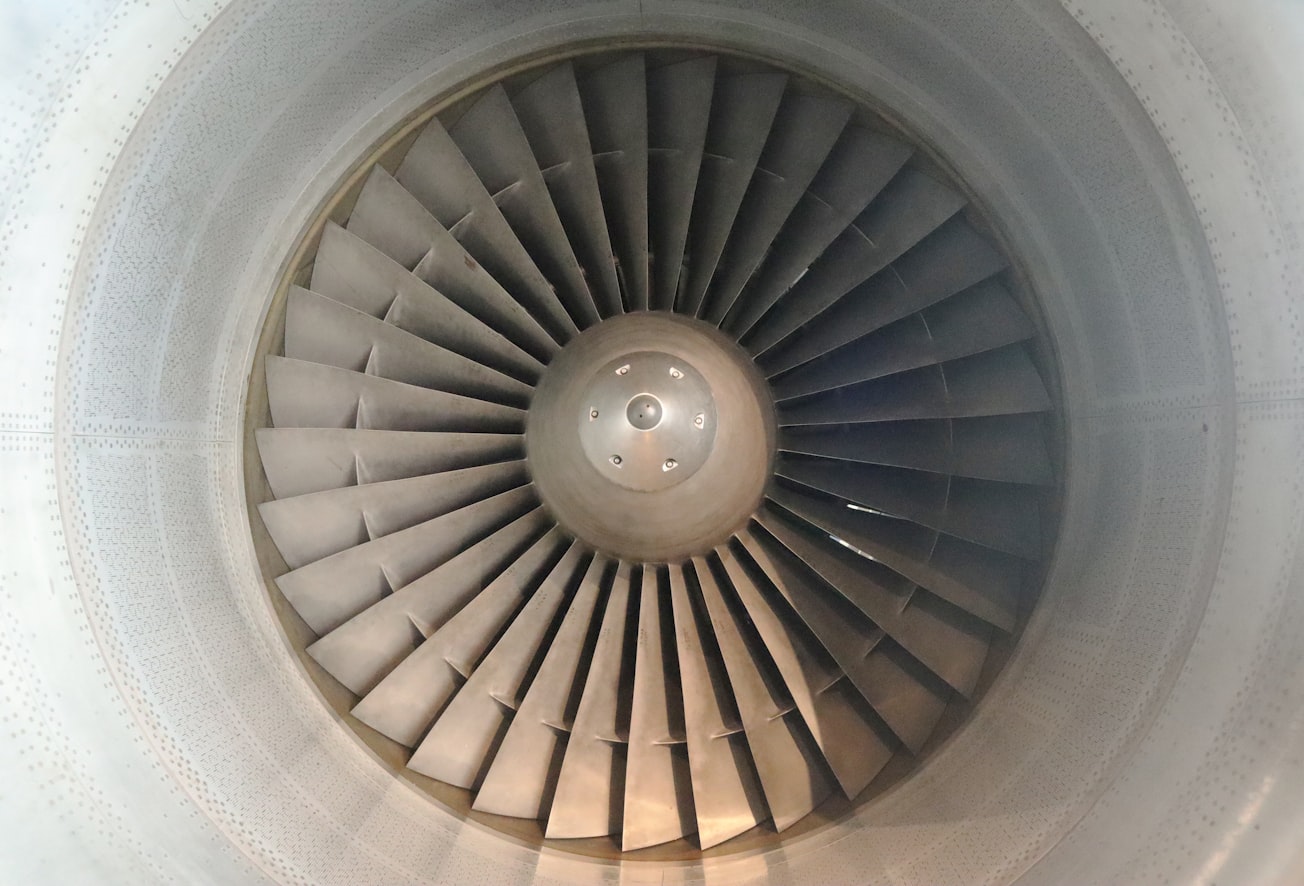What is it about?
This paper describes a robust and efficient speed control of a three phase induction machine (IM) subjected to load disturbances. First, a Multiple-Input Multiple-Output (MIMO) PI-Backstepping controller is proposed for a robust and highly accurate tracking of the mechanical speed and rotor flux. Asymptotic stability of the control scheme is proven by LYAPUNOV Stability Theory. Second, an active online optimization algorithm is used to optimize the efficiency of the drive system. The efficiency improvement approach consists of adjusting the rotor flux with respect to the load torque in order to minimize total losses in the IM. A dSPACE DS1104 R&D board is used to implement the proposed solution. The experimental results released on 3 kW squirrel cage IM, show that the reference speed as well as the rotor flux are rapidly achieved with a fast transient response and without overshoot. A good load disturbances rejection response and IM parameters variation are fairly handled. The improvement of drive system efficiency reaches up to 180% at light load.
Featured Image

Photo by Frederick Tubiermont on Unsplash
Why is it important?
In this paper, an efficient and robust DFOC for IM variable speed control is described and implemented. The proposed scheme uses a hybrid optimization algorithm in order to maximize the drive system efficiency. The optimization cycle is achieved in two steps. The first one, computing a sub-optimal rotor flux via the dynamic model of IM taking into account the iron loss by using a shunt resistance. From the sub-optimal rotor flux, the second algorithm, based on the simulated annealing technique, tracks the optimal one regardless of the IM parameters. This strategy, overcomes the main drawbacks of conventional on-line efficiency optimization (motor stalling, ripple torque, sensitivity to parameters variations…) and maximize the electric energy saving. As a result, a smooth and fast minimization of the drive system input power is achieved. The success of the proposed scheme requires a highperformance vector control. Indeed, a PI-Backstepping controller is developed in order to control the motor speed and the rotor flux. The presented controller is robust to parameter variations and external torque disturbances. The stability and robustness of the closed-loop have been proven through LYAPUNOV stability theory. Extensive experimental results of the proposed design which are made on 3 kW IM show a great improvement in drive efficiency (up to 180% at light load) with a high convergence rate. A capability analysis of experimental results proves the effectiveness of the references tracking. Indeed, the capability of the speed control loop is 3.22 (two times larger than industrial standards), the rotor flux control loop has also a very high capability 5.06.
Read the Original
This page is a summary of: Real time PI-backstepping induction machine drive with efficiency optimization, ISA Transactions, September 2017, Elsevier,
DOI: 10.1016/j.isatra.2017.07.003.
You can read the full text:
Resources
Contributors
The following have contributed to this page







